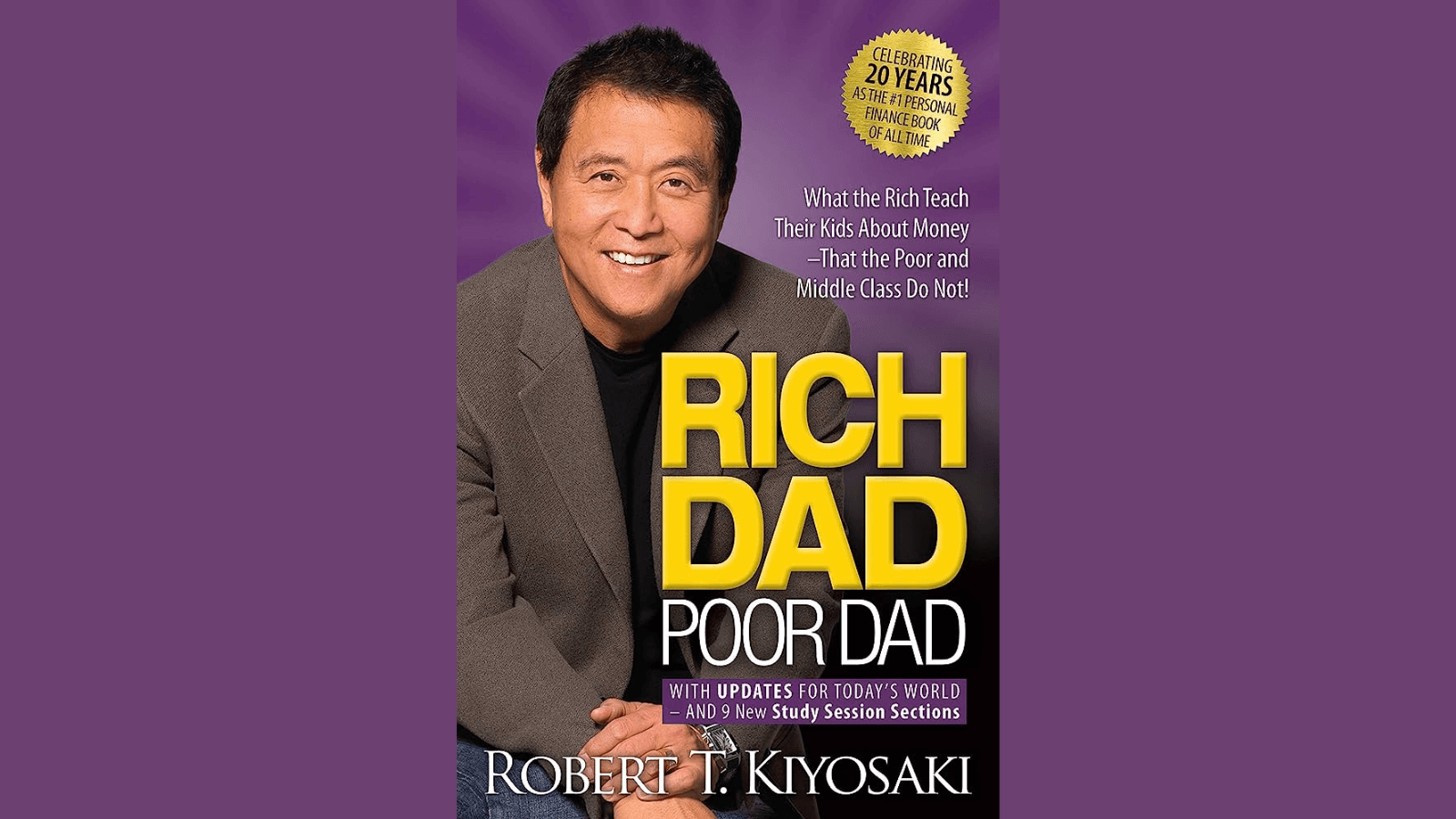“Rich Dad Poor Dad” is a personal finance book written by Robert Kiyosaki that challenges conventional beliefs about wealth and provides a unique perspective on how to achieve financial independence. The book revolves around the author’s two fathers: his biological father, referred to as “poor dad,” and his best friend’s father, referred to as “rich dad.” Through their contrasting financial philosophies and life lessons, Kiyosaki shares his insights on how to build wealth and create a mindset for success.
Thank you for reading this post, don't forget to subscribe!The book begins by highlighting the fundamental differences in mindset between the two fathers. The “poor dad” represents the traditional mindset of working hard, getting good grades, and relying on a stable job to achieve financial security. On the other hand, the “rich dad” embodies a mindset focused on financial education, investing, and building assets that generate passive income.
Kiyosaki emphasizes the importance of financial literacy and understanding the difference between assets and liabilities. He explains that while the poor and middle-class often spend their money on liabilities that drain their wealth, the rich invest in income-generating assets that increase their wealth over time. Real estate, stocks, and businesses are among the examples Kiyosaki provides as avenues for building wealth and achieving financial independence.
Throughout the book, Kiyosaki shares real-life examples and stories from his own experiences and those of his rich dad. He discusses how his rich dad taught him financial lessons at a young age, such as the importance of learning about money, investing in real estate, and acquiring assets that produce passive income. He also emphasizes the need to overcome fear and take calculated risks in order to achieve financial success.
Kiyosaki challenges the traditional notions of job security and encourages readers to embrace entrepreneurship and financial independence. He stresses the importance of developing financial intelligence and constantly learning about money and investing. By doing so, individuals can break free from the cycle of living paycheck to paycheck and create a future of financial abundance.
“Rich Dad Poor Dad” has resonated with millions of readers worldwide due to its straightforward and thought-provoking insights on personal finance. By sharing his own experiences and providing practical examples, Kiyosaki offers readers a roadmap to financial freedom and a mindset shift towards building wealth.
In conclusion, “Rich Dad Poor Dad” is a powerful and influential book that challenges conventional wisdom about wealth and provides valuable lessons on how to achieve financial independence. Through real-life examples and personal anecdotes, Robert Kiyosaki shares the principles and mindset necessary to break free from financial struggles and build a prosperous future.
Key Takeaways from “Rich Dad Poor Dad”:
- Mindset Matters: Develop a mindset focused on financial education, investing, and building assets that generate passive income.
- Financial Literacy: Strive to understand the difference between assets and liabilities to make informed financial decisions.
- Income-Generating Assets: Focus on acquiring income-generating assets like real estate, stocks, and businesses to build wealth over time.
- Break Free from the Rat Race: Challenge the traditional notions of job security and embrace entrepreneurship to achieve financial independence.
- Overcome Fear and Take Calculated Risks: Don’t let fear hold you back from making smart investment decisions and taking calculated risks.
- Learn and Keep Learning: Continuously educate yourself about money, investing, and financial strategies to improve your financial intelligence.
- Challenge Conventional Beliefs: Question the societal norms around money and wealth and seek alternative perspectives to create a path to financial success.
- Build Financial Independence: Strive to create a future where you have control over your financial destiny, rather than relying on a paycheck.
- Create a Legacy: Focus on building generational wealth and leaving a lasting financial legacy for future generations.
These key takeaways from “Rich Dad Poor Dad” provide a roadmap for readers to develop a new mindset and make informed financial decisions that can lead to long-term wealth and financial freedom.

